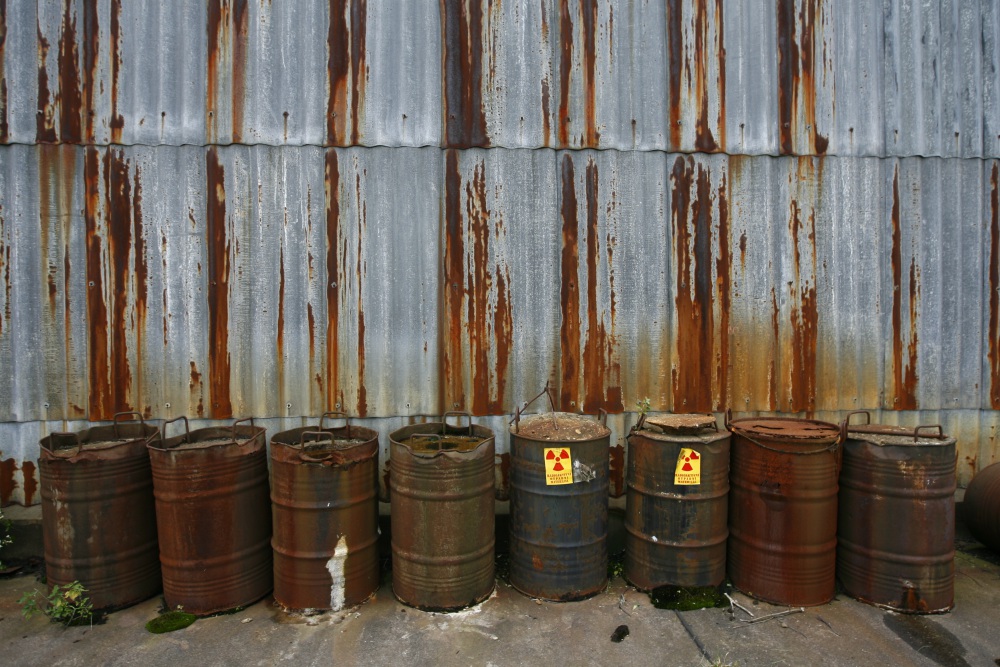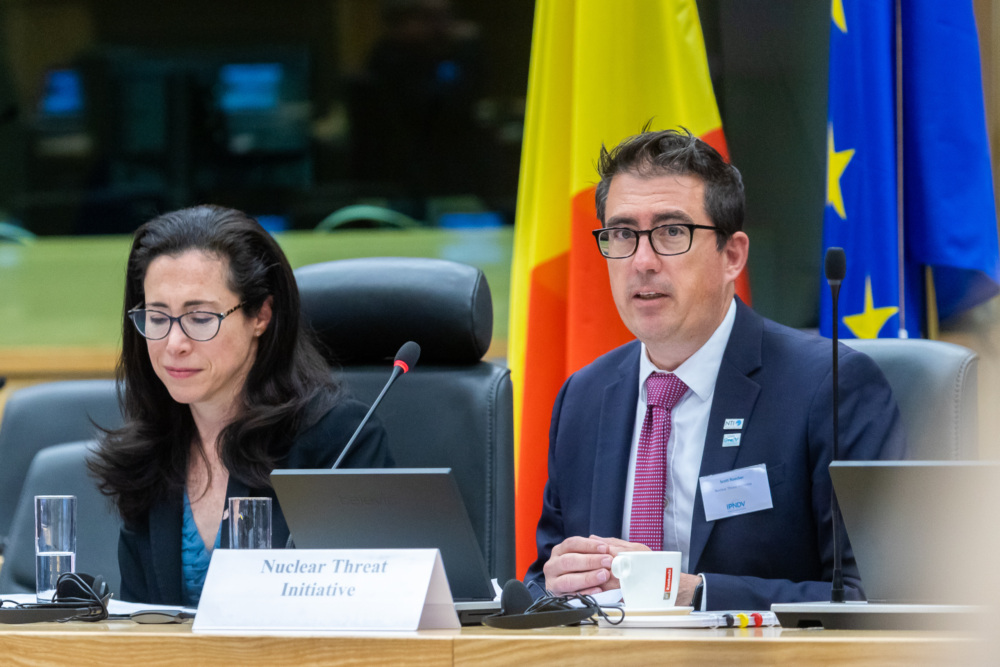
Erin Dumbacher
Senior Program Officer, Scientific and Technical Affairs
Atomic Pulse
There are too
many trite adages about data and decision-making to count: “You can’t manage
what you can’t measure”; “Good data leads to good decisions”; or one of my
personal favorites, “In God we trust. All others must bring data.” With
sophisticated analytical tools on every hard drive and cheap digital storage, decision-makers
today have access to terabytes of information. But good data on which to base decisions can be hard to find.
Unfortunately, solid, actionable evidence that can be measured and analyzed to improve
outcomes often exists but is not easy to access or analyze.
In 2011, NTI
recognized that there was a gap in accessible data and information related to the
security of nuclear materials around the world. Working with the Economist
Intelligence Unit (EIU), NTI gathered and analyzed information related to global
nuclear security conditions from international organizations and from governments
with and without weapons-usable nuclear materials and offered recommendations
for improving the security around some of the world’s potentially deadliest
materials. The evaluation of national-level rules for managing nuclear
materials, sites, and facilities done across three biennial reports to date (in
2012, 2014 and 2016) allows countries to
compare their performance to and learn from others with similar risks—whether
related to theft of large quantities of highly enriched uranium or sabotage of
nuclear power reactors. NTI publishes the data and rankings in full as a
transparent check on the accuracy and rigor of the analysis.
Several months ago, NTI
and the EIU started work on the fourth edition of the NTI Index, to be
published in September 2018. We are updating the data to give credit to
countries that have made improvements and to identify those who should take
additional actions. As in other editions of the NTI Index, we will supply the
data, analyze it and offer recommendations, but responsibility for improvements
falls to national governments.
The indicators
use to develop the Index were established by NTI and EIU with the help of an
International Panel of Experts, and no single country holds a perfect record in
the NTI Index. Countries that scored well in 2016, such as Australia and
Finland, reaffirmed their commitment to “implementing measures to reduce the threat of nuclear weapons,”
and it’s clear the Index helped clarify their priorities. In a progress
report to the 2016 Nuclear Security Summit, the Finnish government touted its
scores and called out the need for “continuous improvement of the state nuclear security regime…to
address the present and changing threat.”
The
international community has been receptive to the Index process. All governments
are offered an opportunity to confirm the accuracy of the EIU’s collected data
and this month, my NTI colleagues and I began briefing government
representatives in Washington about the review process. Governments will have
six-to-eight weeks to review initial information collected and to engage
directly with EIU analysts by, for example, confirming the meaning of
regulatory language or notifying analysts of ongoing developments that could
impact a score.
For previous editions of the NTI Index, more
than half of governments with weapons-usable nuclear materials participated in
the process by reviewing and confirming the data. This year, we are calling on
governments to contribute once again and to confirm the EIU’s preliminary
analysis.
Sign up for our newsletter to get the latest on nuclear and biological threats.
Nuclear Security is Only as Strong as the Weakest Link: 2020 NTI Index Highlights Cybersecurity and Insider Threat Prevention
What Were Hundreds of Nuclear Policy Wonks Doing in the California Desert? #INMM19!
Scott Roecker, vice president of the Nuclear Materials Security team, sat down with NTI's Mary Fulham for the latest in Atomic Pulse's "Get to Know NTI" series.



